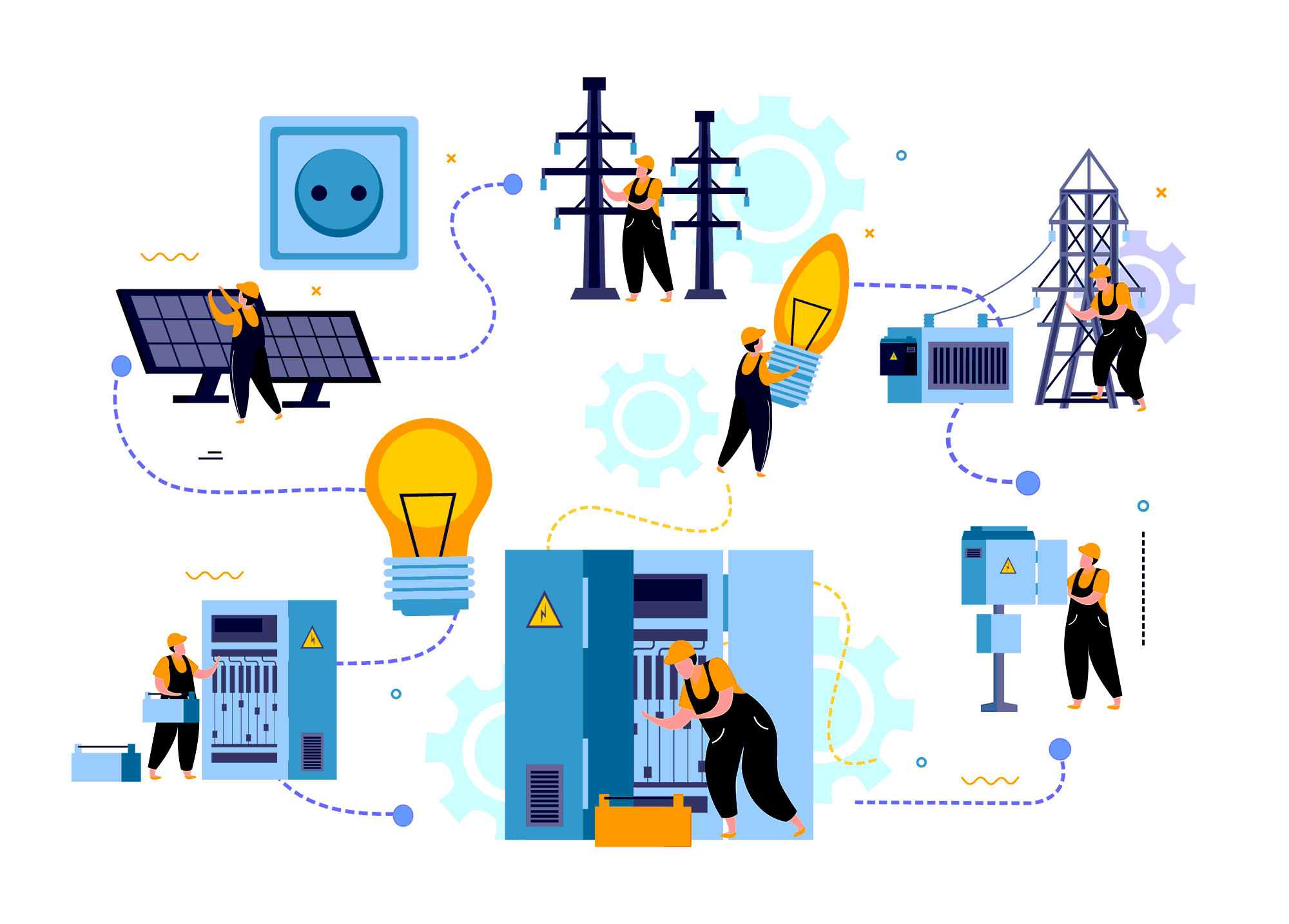
Challenges in Storing Power in Ion Batteries: Limitations and Latest Developments
Ion batteries, specifically lithium-ion batteries, are widely used in electronic devices and electric vehicles for energy storage. They are known for their high energy density and long cycle life, making them a popular choice for various applications. However, these batteries also face several challenges when it comes to storing power. In this article, we will explore the challenges and limitations of ion batteries, recent developments in the technology, and alternative energy storage solutions.
How Do Ion Batteries Work?
Before we dive into the challenges of ion batteries, it's important to understand how they work. Ion batteries work through a process of electrochemical reactions that take place inside the battery cells. These reactions involve the movement of ions, usually lithium ions, between the two electrodes of the battery.
When the battery is charged, the lithium ions move from the cathode to the anode, where they are stored. During discharge, the ions move back to the cathode, producing an electric current that powers the device or vehicle. The efficiency and performance of the battery depend on several factors, including the energy density, electrochemical performance, and battery degradation.
Challenges in Storing Power in Ion Batteries
One of the biggest challenges in ion battery technology is improving energy density while maintaining electrochemical performance. Energy density refers to the amount of energy that can be stored in a battery per unit volume or weight. The higher the energy density, the more power a battery can store, making it more efficient.
However, increasing the energy density can also lead to several issues. One of these is battery degradation, which refers to the gradual loss of performance and capacity over time. Battery degradation can be caused by several factors, including temperature, cycling, and chemical reactions within the battery.
Another challenge in ion battery technology is the issue of safety. Lithium-ion batteries are known for their potential to catch fire or explode if not properly handled or designed. In recent years, several incidents have occurred, prompting researchers to focus on improving the safety of ion batteries.
Limitations of Ion Batteries for Energy Storage
While ion batteries are a popular choice for energy storage, they also have several limitations. One of these is the issue of cost. Ion batteries can be expensive to manufacture, making them less accessible for certain applications.
Another limitation is the issue of energy density. While ion batteries have a high energy density compared to other battery types, they still have lower energy density than traditional fuel sources such as gasoline. This means that they may not be suitable for certain applications, such as long-distance transportation or large-scale energy storage.
Recent Developments in Ion Battery Technology
Despite the challenges and limitations, researchers and engineers are continuously working on improving ion battery technology. One recent development is the use of new materials for the battery electrodes, such as silicon or sulfur. These materials have the potential to increase the energy density of the battery, making it more efficient.
Another development is the use of new manufacturing processes to improve the safety and efficiency of ion batteries. For example, Tesla recently announced a new "tabless" battery design that improves energy density and reduces manufacturing costs.
Alternative Energy Storage Solutions
While ion batteries are a popular choice for energy storage, they are not the only option available. Alternative energy storage solutions include pumped hydro storage, compressed air energy storage, and flow batteries.
Pumped hydro storage involves using excess energy to pump water from a lower reservoir to a higher one. When energy is needed, the water is released back to the lower reservoir, producing electricity. Compressed air energy storage works by storing compressed air in underground caverns, which can then be released to produce electricity. Flow batteries use two different electrolyte solutions that flow through a membrane to produce electricity.
The Future of Ion Battery Technology
The future of ion battery technology looks promising, as researchers continue to explore ways to improve energy density, electrochemical performance, and durability. One area of research that shows potential is the use of solid-state electrolytes instead of the liquid electrolytes currently used in most ion batteries. Solid-state electrolytes could provide higher energy density, better safety, and longer lifespan for ion batteries.
Another area of research is the use of new materials for electrodes, such as silicon or lithium-sulfur, that could improve energy density and reduce costs. Researchers are also exploring new manufacturing techniques, such as 3D printing, to make ion batteries more efficient and cost-effective.
As the demand for renewable energy sources continues to grow, the need for efficient and reliable energy storage solutions becomes increasingly important. Ion batteries will likely continue to play a significant role in the energy storage market, but they are not the only solution. Alternative energy storage technologies, such as pumped hydro storage, compressed air energy storage, and flow batteries, are also gaining attention.
Conclusion
In conclusion, ion batteries are widely used for energy storage due to their high energy density and efficiency. However, they are not without their challenges and limitations. The biggest challenge in ion battery technology is improving energy density while maintaining electrochemical performance. Battery degradation is also a major issue, leading to decreased performance and capacity over time.
Despite these challenges, researchers and manufacturers are constantly exploring ways to improve ion battery technology. The use of solid-state electrolytes and new electrode materials show promise for improving energy density and durability, while new manufacturing techniques could reduce costs and improve efficiency.
While ion batteries will likely continue to play a significant role in the energy storage market, alternative energy storage solutions are also gaining attention. As the demand for renewable energy sources continues to grow, the need for efficient and reliable energy storage solutions will only become more important.
Electrical Engineering

